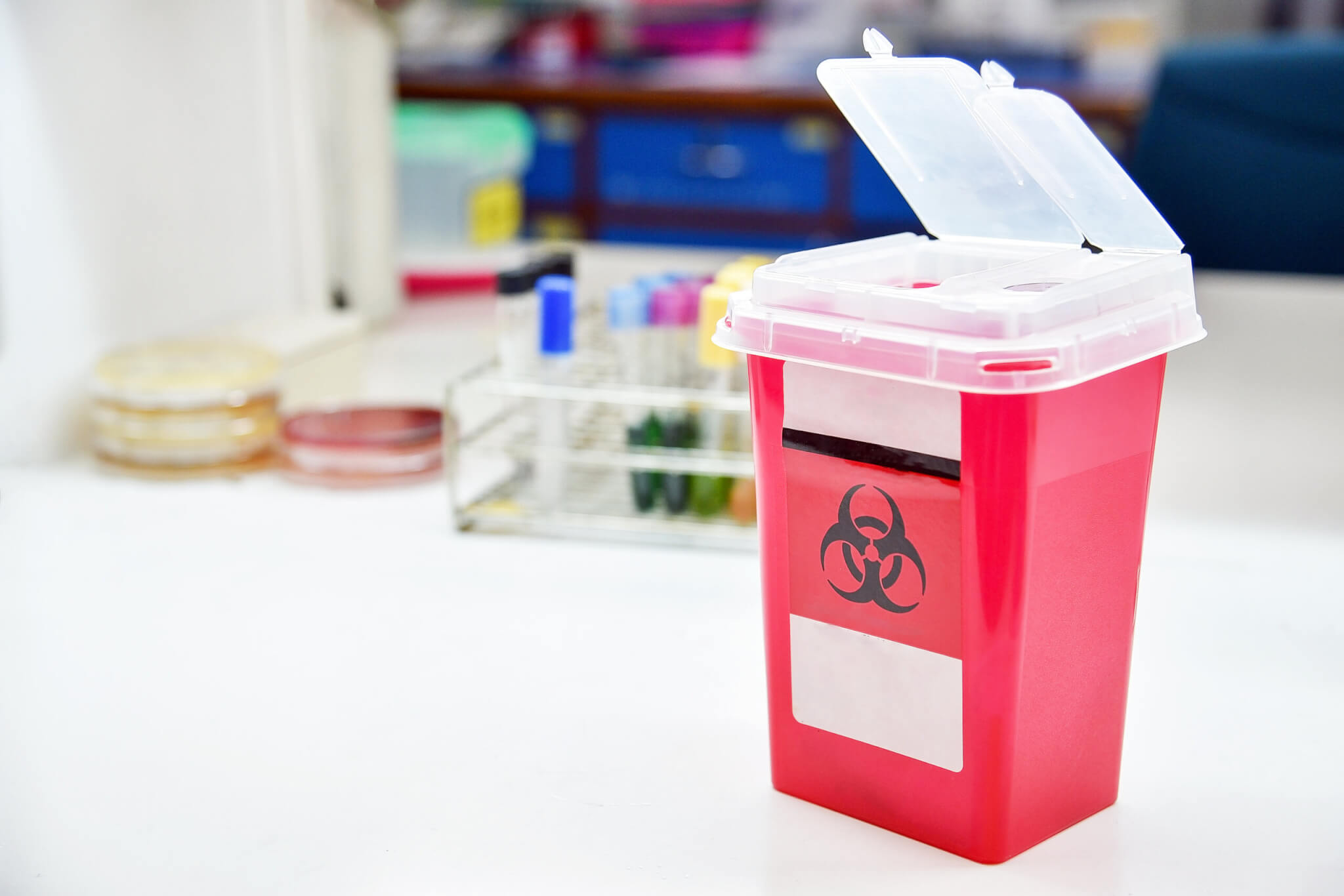Streamlined Medical Waste Disposal Services: Priority for Public Health
Navigating Medical Waste Disposal: Crucial Services for Healthcare Facilities
In the intricate landscape of medical care operations, the management of clinical waste is a vital aspect that demands meticulous attention. Medical care facilities, whether big health centers or little centers, are entrusted with the obligation of handling, treating, and throwing away a wide selection of clinical waste streams. The intricacies associated with browsing with the regulatory needs, ensuring correct waste segregation, and implementing secure collection and transport processes are vital. Recognizing the crucial solutions that sustain clinical garbage disposal is not just an issue of conformity however additionally an essential part in safeguarding public health and environmental health. The ins and outs of this procedure are crucial for health care centers, and the knowledge offered in this realm plays an essential function in maintaining the stability of medical care systems.
Regulatory Compliance Assistance
For medical care facilities, making sure governing compliance support is essential to keep proper handling and disposal of clinical waste. Sticking to regulations stated by companies such as the Epa (EPA) and the Occupational Safety And Security and Health And Wellness Management (OSHA) is essential to stop ecological contamination, protect public health and wellness, and stay clear of possible legal consequences. Regulative compliance assistance provides health care centers with guidance on how to effectively segregate, store, transportation, and get rid of various sorts of medical waste according to regional, state, and federal laws. This support includes assistance in producing and applying extensive waste administration strategies, conducting routine team training sessions, and carrying out audits to ensure ongoing conformity. By partnering with governing compliance experts, health care centers can remain current on advancing regulations, minimize threats connected with inappropriate garbage disposal, and ultimately add to a safer and more lasting atmosphere for all.
Waste Partition Advice

Health care facilities have to provide clear guidelines and training to staff on just how to set apart waste properly. This consists of separating general waste from harmful products such as sharps, infectious waste, pharmaceuticals, and chemical waste.
Collection and Transport Providers

Correct collection and transportation solutions are necessary elements of the medical waste disposal procedure in health care centers. These solutions make sure that dangerous products are managed safely and in compliance with guidelines to protect both the setting and public wellness. Health care centers count on specialized waste administration business to provide reliable collection and useful link transport services customized to their needs.
Clinical waste collection involves setting apart various types of waste at the point of generation, using color-coded bags or containers to distinguish between general, hazardous, pharmaceutical, and various other waste streams. Educated personnel need to perform this task to stop contamination and ensure appropriate disposal. Once gathered, the waste is transferred in devoted cars furnished to take care of hazardous materials safely. These automobiles abide by rigorous security requirements and adhere to marked routes to licensed therapy centers for disposal via techniques such as sterilization, incineration, or landfilling.
Therapy and Disposal Solutions
In the world of clinical waste disposal for health care centers, after the important phase of collection and transportation services, the emphasis changes towards applying reliable therapy and disposal services. Treatment solutions frequently involve procedures such as autoclaving, which utilizes vapor under pressure to sterilize the waste.
Disposal solutions include the last action in the clinical waste management process. Recycling and this hyperlink source recuperation are also gaining traction as sustainable disposal choices for particular kinds of medical waste materials.
Reliable treatment and disposal solutions are paramount in making certain compliance with laws and guarding public health and the setting. Healthcare facilities must carefully evaluate and choose suitable approaches that align with their waste monitoring goals and sustainability efforts.
Staff Training and Education And Learning

To successfully manage clinical waste disposal in health care centers, detailed staff training and education play an essential function in guaranteeing adherence to regulatory requirements and keeping a risk-free environment. Correct training outfits team with the understanding and abilities required to take care of different types of clinical waste, segregate them appropriately, and package them securely for disposal. By enlightening staff members on the dangers associated with incorrect handling of clinical waste, centers can reduce the chance of crashes, contamination, and regulative offenses.

Verdict
Finally, healthcare facilities count on crucial clinical garbage disposal solutions to guarantee regulative conformity, correct waste partition, secure collection and transport, efficient treatment and disposal, in addition to personnel training and education. These services play an important function in preserving the health and wellness of both healthcare workers and the navigate to this website general public, highlighting the significance of appropriate monitoring of clinical waste in healthcare setups.
For medical care facilities, making sure regulative compliance assistance is essential to keep appropriate handling and disposal of medical waste. Waste segregation entails classifying various types of medical waste to ensure appropriate handling, therapy, and disposal. This consists of separating general waste from dangerous materials such as sharps, infectious waste, drugs, and chemical waste.Clinical waste collection includes segregating various kinds of waste at the factor of generation, utilizing color-coded bins or bags to distinguish in between general, hazardous, pharmaceutical, and various other waste streams.In the realm of medical waste disposal for healthcare facilities, after the important phase of collection and transport services, the focus moves towards implementing reliable therapy and disposal options.